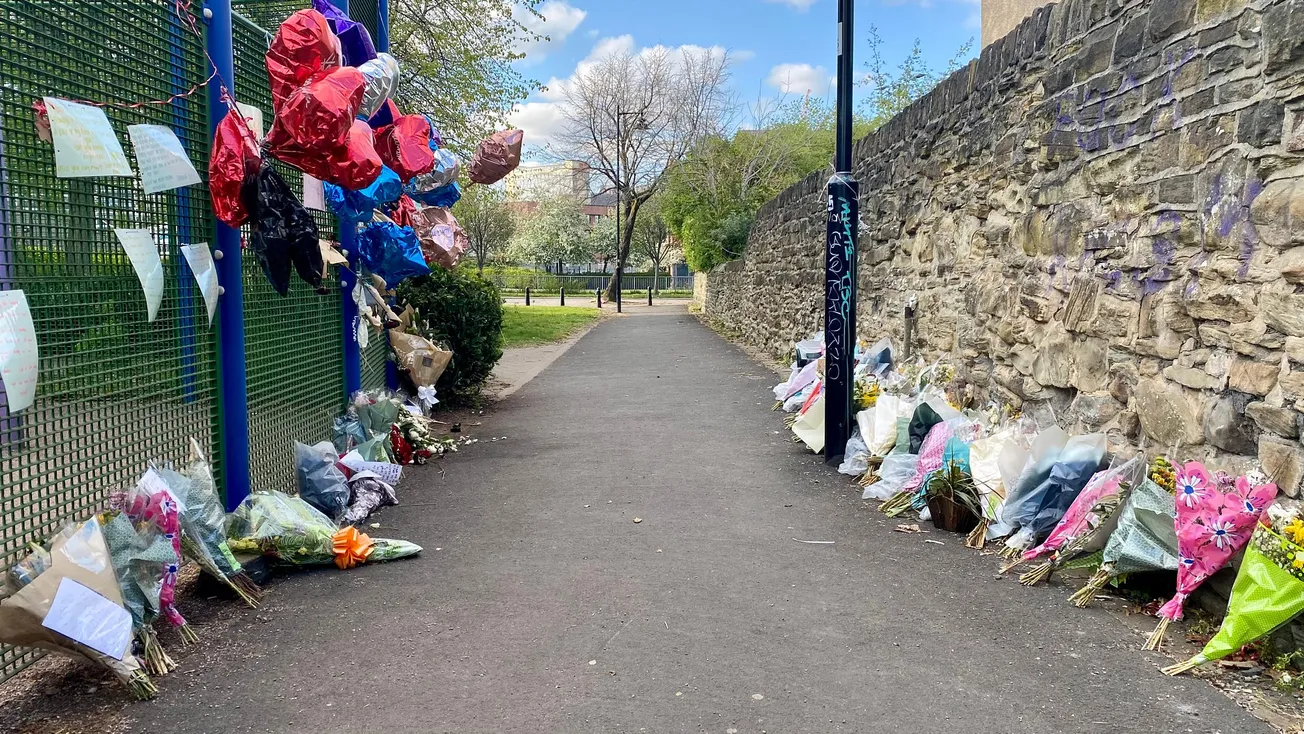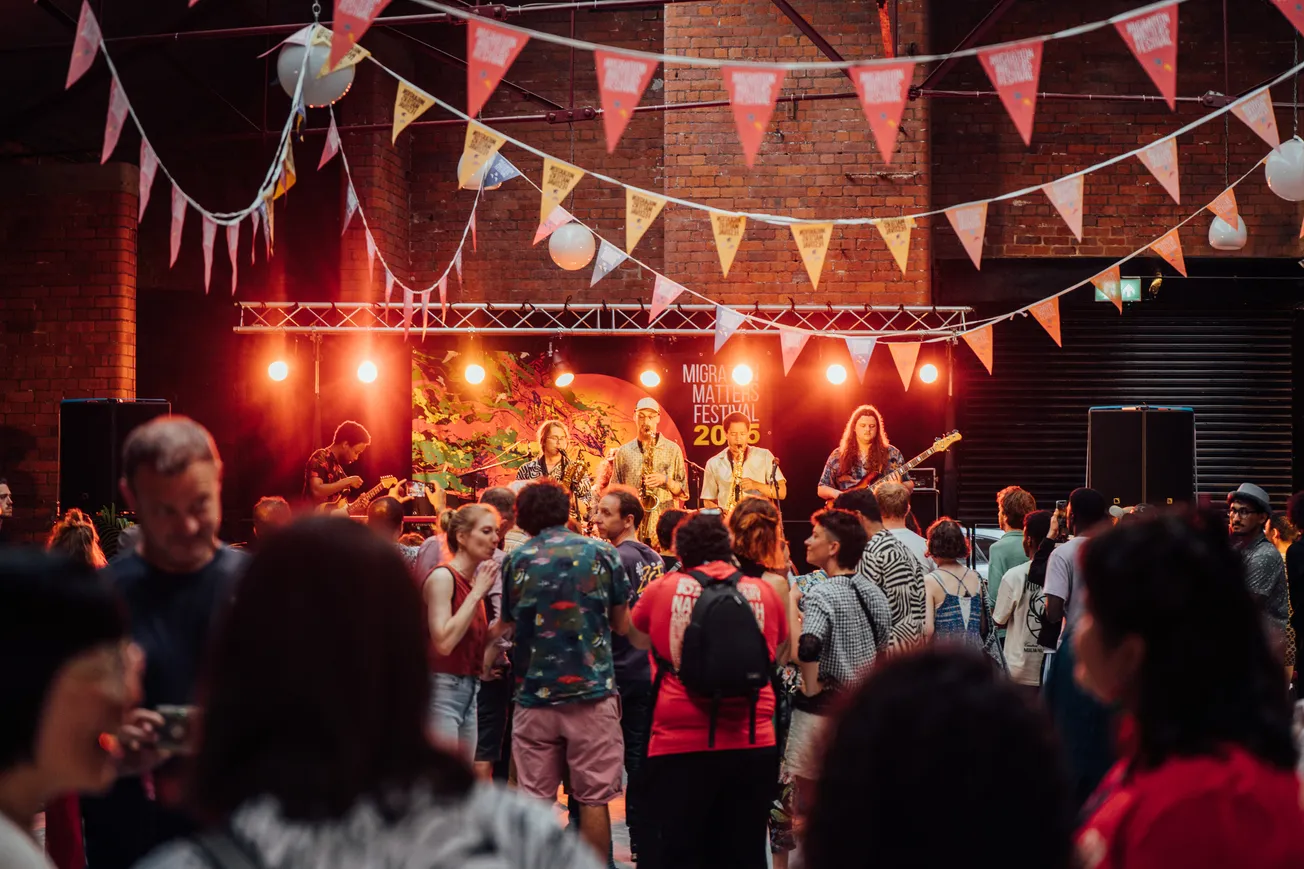Good morning readers — and welcome to this week’s Tribune briefing.
Some news! We are now gearing up for our proper launch, when we will start publishing more regularly and will open up paid memberships for those who want to get all our journalism and support our work. Those who subscribe as members will get a full range of members-only long reads, special reports, photo stories and interviews in their inbox, on top of our weekly free stories which go out to the entire email list.
Today’s briefing has a story on how gun violence is affecting one city neighbourhood, a look at the latest Covid-19 data and a fascinating book about a gang conflict in Sheffield. It also has our usual recommendations of stories to read from the local and national press, a look back at a scene from 1920s Shalesmoor and suggestions of five things you can do in Sheffield this week.
One quick favour to ask: If you’re enjoying our newsletters, please tell your friends about The Tribune by forwarding them this email so they can sign up too. Alternatively, click share below to forward the briefing via text or on social media.
If someone forwarded you this newsletter, please join The Tribune’s mailing list to get all our journalism in your inbox.
The big story: Killing throws gang violence back into the spotlight
The top line: Last year, Sheffield endured one of its worst years for gun violence on record, with 37 shootings taking place in the city, one of which proved fatal. South Yorkshire Police responded to the escalation with more resources, including a newly-formed armed crime team, but the recent killing of 30-year-old solicitor Khuram Javed has brought the problem into sharp focus again.

Gang violence has a long history in Sheffield, from the illegal betting rings of the 1920s to the ‘postcode’ gang wars of the noughties. But since 2018, serious violent crime has been on the rise in Sheffield again, with dozens of stabbings taking place in the city in 2018 and last year’s extraordinary explosion in gun violence.
- Senior police officers say most of the violence is caused by disputes between ‘organised criminal gangs’ or OCGs over the supply of drugs.
- A recent report delivered to Dr Alan Billings, the Police and Crime Commissioner for South Yorkshire, revealed that at least 19 such OCGs existed across Sheffield.
The cost: One of these disputes led to the explosion in gun violence in the Abbeydale Road, Nether Edge, Highfield, Lowfield and Sharrow areas between May and September 2020. Eight separate attacks took place in one small part of the city in just four months, while three people were seriously injured and a dog was killed.
Police response: South Yorkshire Police last year created a specialist ‘armed crime team’ to tackle the gangs. 15 arrests took place in the Abbeydale Road area including that of Junaid Mahroof — described as a ‘footsoldier’ in one of the OCGs — who was recently jailed for more than six years for possession of an illegal firearm. 12 guns were also seized from the same area.

So far this year, 10 gun attacks have taken place in Sheffield, including one which proved fatal: the shooting of solicitor and father-of-two Khuram Javed on April 10 in Highfield. Khuram’s killing came just over three weeks after another shooting in nearby Queen’s Road in which an 18-year-old man was seriously injured.
- South Yorkshire Police say gun crime is rare and that Sheffield is still the UK’s safest major city. The city’s Temporary District Commander, Chief Superintendent Shelley Hemsley, has said that the incidents tend to be ‘between rival groups’ and ‘rarely involve members of the public’.
A different view: Sahira Irshad, whose group Mums United have worked in the Abbeydale Road road area on gang violence for the last three years, described last year’s violence as ‘horrible’ to live through. She also said many of the mums in her area became afraid to take their kids to the park.
The big question: Amid the continuing violence, Sahira has expressed concerns over whether the recent arrests and convictions will be enough to control the situation this summer. She said:
The police say they have everything under control but many of the lines are still continuing. Key members of the gangs are known to the police but are continuing to exploit the young. There is a culture of silence that exists in close-knit communities like these. Those that speak out are targeted or isolated.
Sahira’s group is organising a rally to protest against the continuing violence on Saturday, May 22. The protest will begin at 3pm at Heeley People’s Park.

This week’s weather

Covid-19 Update
- Cases: Sheffield’s case rate — the number of confirmed new cases per 100,000 residents in a week — is now 46.8, down 20.3% in a week. The case rate for England is 24.4. Sheffield Council say the city’s high case rate is likely due to the more transmissable Kent variant being less widespread in Yorkshire during the third wave.
- Hospitals: The number of Covid-19 patients in critical beds in Sheffield Teaching Hospitals has fallen to just 6, down from 8 last week. The number of people in hospital outside critical care has also dropped to 36 from 45 a week ago. In the last seven days, three deaths linked to the virus were also reported.
- Vaccines: Every person in the highest priority groups in Sheffield has now been invited for a vaccine. More than 267,000 people have received their first dose of a Covid-19 vaccine and 84,000 people have also received their second dose.
Sheffield’s rates are higher than the national average despite having lower rates after Christmas.
— SheffieldCityCouncil (@SheffCouncil) 3:37 PM ∙ Apr 23, 2021
We think this was likely because the more transmissible Kent variant was less widespread in Yorkshire compared to the rest of England.
Book of the week
The Sheffield Gang Wars by J. P. Bean
A timely reminder that organised criminal gangs in Sheffield are nothing new comes in the form of this classic book — 40 years old this year — which looks at the intergang warfare that scarred the city in the 1920s. Two of Sheffield’s very own ‘Peaky Blinders’ were George Mooney from West Bar and Sam Garvin of the Park Brigade, who fought to control the lucrative gambling industry at Sky’s Edge fields.

The violence was at one stage so bad that the city was given the nickname ‘Little Chicago’ and the police were forced to bring in a special ‘flying squad’ to deal with the problem. Under the leadership of Percy Sillitoe, who would later go on to head up MI5, the unit quickly became a force to be reckoned with in Sheffield, employing questionable tactics by today’s standards to break the gangs.
The Sheffield Gang Wars is currently out of print but is available at Sheffield Libraries.
Five things to read
- The BBC has a good explainer on Sheffield’s forthcoming governance referendum, which The Tribune featured last month. The story contains some food for thought for undecided voters, with an academic describing the committee system as ‘opaque, cumbersome, slow and unaccountable’. But the piece also underscores how little open opposition there is to the move, with council leader Bob Johnson seemingly unwilling to mount a defence of the strong leader model he hopes to preserve.
- Jennifer Barnes, the young parliamentary staffer who was sexually harassed by former Sheffield Hallam MP Jared O’Mara, is quoted in this POLITICO piece about the conclusion of the standards hearing against him. O’Mara was found to have breached Parliament’s sexual misconduct policy over texts he sent to her, and will lose his parliamentary pass as a result. Ms Barnes said the case had caused her constant worry and anxiety for two years, adding: “I very much hope that Mr O’Mara has sought the help he needs.”
- David Vernon-Edwards, who later this year will leave his job as director of the Children’s Hospital Charity after two decades at the organisation, gets a nice valedictory profile in the Sheffield Telegraph. David joined the charity as a 28-year-old in 2002, working his way up to director in 2006. In that time he has helped raise £25 million for the hospital, funding dozens of pieces of life-saving equipment and helping make the hospital a national asset.
- With all the celebrations of the Peak District’s 70th birthday, relatively little was said about the anniversary of the Kinder Scout mass trespass, which took place on April 24, 1932. Tribune magazine (no relation) has a fascinating story about what happened on the day and how it led to the creation of the national park 19 years later. While the trespass was led by Mancunians, they met up with ramblers from Sheffield on the plateau, fighting with landowners and singing socialist songs.
- This Yorkshire Post opinion piece, from veteran Sheffield businessman Andrew Cook, urges the Government to push on with its ‘Northern Powerhouse’ agenda, focusing particularly on improving transport. The steel magnate suggests a huge programme of rail electrification and the introduction of a ‘northern oyster card’. His suggestion that Sheffield and Manchester could be linked by a ‘simple, fast Woodhead motor road — an expressway over the moor’ might be more controversial.
Picturing the past

A view that would probably have been familiar to George Mooney and Sam Garvin, this photo shows residents of Smithfield in Shalesmoor in the 1920s. The area today is largely unrecognisable, save for the United Methodist Sunday School on Allen Street at the bottom, now home to communications company CC33. Prints of the photo can be bought from the Sheffield Council archives print store.
Five things to do
- Visit: If you want to enjoy your new found freedom and support a much-loved city heritage project at the same time, look no further than the Abbeydale Picture House. The 101-year-old building is hosting Picture House Social events in its makeshift beer garden during this phase of the lockdown (Fridays to Sundays plus Bank Holiday Monday). The beautiful Grade II listed building is the subject of a long-standing regeneration project which will one day see the old cinema restored to its former glory.
- Watch: Continuing on the crime theme, this documentary looks at both modern day gang activity in Sheffield and its long history. Presented by Martin and Gary Kemp — stars of the 1990 film The Krays — the doc looks at the still-unsolved killing of Jonathan Matondo in 2007 and the brutal murder of William Plommer at the hands of the Park Brigade gang in 1925. The documentary also features interviews with JP Bean, real name Julian Broadhead, who wrote The Sheffield Gang Wars.
- Listen: BAFTA award-winning sound recordist Chris Watson was asked by Sheffield Museums to produce a ‘sound map’ of his home city in 2013. Chris revisited the work in 2020, creating a stereo version of his original ambisonic recording. A YouTube video of the resulting work — which is best listened to on headphones for the maximum effect — is available at the Sheffield Museums website, accompanied by black and white photos taken by museum digital producer Alan Silvester.
- Sport: The World Snooker Championship at Sheffield’s iconic Crucible theatre is the first sporting event in the UK to invite fans back in since last year. The championship, which has been hosted in Sheffield since 1977, is watched by millions worldwide and is one of only a handful of events which truly puts the city on a global stage. Tickets are still available for every session from round two on Monday, April 26 until the third session of the final on Bank Holiday Monday.
- Walk: While the Tinsley canal isn’t perhaps one of Sheffield’s best known walks, it is certainly one of its most interesting. As well as the peace and tranquility of the water, the 3.5 mile route also provides a trip through Sheffield’s industrial history, which the city should make much more of. If started from Tinsley (easily accessible by tram), the walk finishes at Victoria Quays, which has a growing choice of places to find refreshment including music venue the Dorothy Pax and new bar True Loves.
First time visiting True Loves down at Victoria Quays. On days like this you can't go wrong
— Dog Friendly Sheffield (@DogsOfSheffield) 3:20 PM ∙ Apr 24, 2021
If you enjoyed this newsletter, we’d love you to spread the word about The Tribune by sending it to your friends. Simply forward this email or click the share button below.
If you have a story you would like us to look into, hit reply to this briefing or email editor@sheffieldtribune.co.uk.
We are looking for talented local journalists who believe in our mission and want to write for The Tribune. If that’s you, please email us at the email address above.
If someone forwarded you this newsletter, please join The Tribune’s mailing list to get all our journalism in your inbox.

Comments
How to comment:
If you are already a member,
click here to sign in
and leave a comment.
If you aren't a member,
sign up here
to be able to leave a comment.
To add your photo, click here to create a profile on Gravatar.







